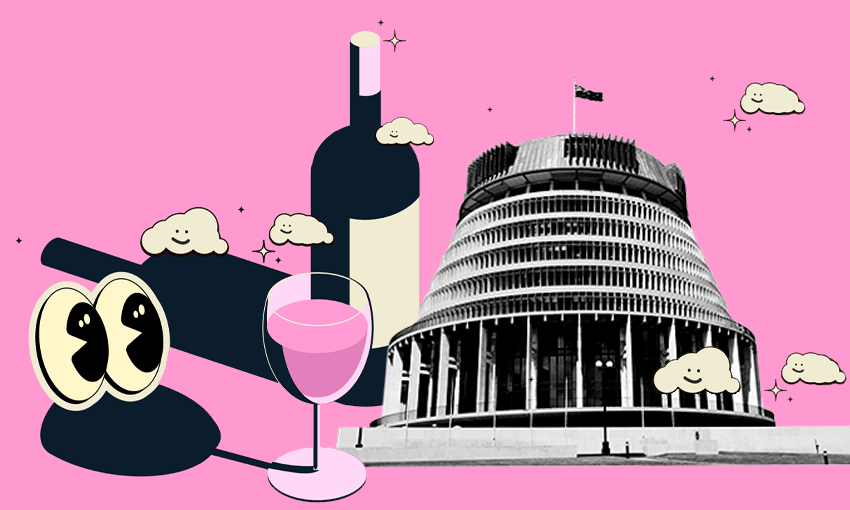If you are unlucky enough to suffer a stroke – your future lifestyle will depend on whether it happens at work or not. Strokes are the country’s leading cause of adult disability, with one occurring every 55 minutes. But 50 years after ACC said it would broaden its remit to cover every stroke victim, it still hasn’t happened.
Every year New Zealanders suffer almost 10,000 strokes.
This time last year Tereki Stewart had one while at home with his three grandchildren.
“I had a kind of funny sensation down one whole side of my body, one of them came and I just said to them: ‘Something’s wrong, something’s not right.’ I just fell onto the floor, I couldn’t stand up.
“[I] went for a scan and then that came back and they confirmed that I had had a bleed in a part of my brain.”
That left him paralysed down the left side of his body.
After a month in hospital re-learning how to walk with rehabilitation and occupational therapy, he was discharged.
But Covid-19 meant that his community rehab at home stopped after just one session and the physiotherapist was redeployed to the hospital.
“I was left to my own devices, pretty much. The only option really available to me was to pay for private physio; I was basically told if I needed it, you just pay for it yourself.”
Stewart uses a cane to walk and can drive an automatic car. His pain has remained as an ongoing challenge.
Thankfully his employer was willing to adapt the job to his physical ability, even paying for the $1600 voice recognition software he needed to type.
But Stewart said it was frustrating his brain injury was treated differently because it was not caused by a car, sport or work-related incident.
“There’s an unfairness in the system, it’s just not fair.”
Shortfall in cover
Stroke Foundation chief executive Joanna Lambert said 50 years ago ACC said it would expand to cover ‘non-accident’ disabilities, but since then nothing had changed.
While some people can access some disability support payments through the Ministry of Social Development, it is nowhere near what they could receive if they were covered by ACC, with up to 80 percent of their wages covered in some cases, along with rehabilitation costs.
Without that income support came huge financial stress, she said.
“There are families who are completely upended by stroke. For those families, you’ve got young kids who are having to leave school so that they can stay at home, so that another family member can go out and earn what they need to earn in order to keep the family surviving and it’s just wrong.”
Lambert said rushing back to work could mean ending up in hospital again or compromising future work prospects.
“What it means is that the cost of stroke to society is significantly higher because there are people who have strokes who could be better supported through their rehabilitation and return to work support.”
In a statement, ACC deputy chief executive Andy Milne said: “ACC supports people who are injured as the result of an accident that occurs in New Zealand. There are some limits to the injuries for which we can provide support, and this is set by legislation.
“We can consider a claim for a person who suffers a cardiovascular or cerebrovascular event, if the person is at work when this occurs, and the event is caused by physical effort or strain in performing their work. We can also consider a claim for a cardiovascular or cerebrovascular event if it is a treatment injury.
“Although a stroke suffered outside of the scenarios above is not covered under the scheme, support may be available through the health system.”
The Ministry of Business, Innovation and Employment (MBIE) was responsible for advising the minister for ACC on matters relating to the scheme including broader scheme direction, the legislation and regulations governing the scheme, Milne said.
In a statement ACC Minister Carmel Sepuloni said: “We have no plans to expand ACC to specifically include strokes. However, we are currently looking into an income insurance scheme administered by ACC. This scheme would likely cover medical conditions such as strokes, however, details are still being worked on.”




















Discussion about this post